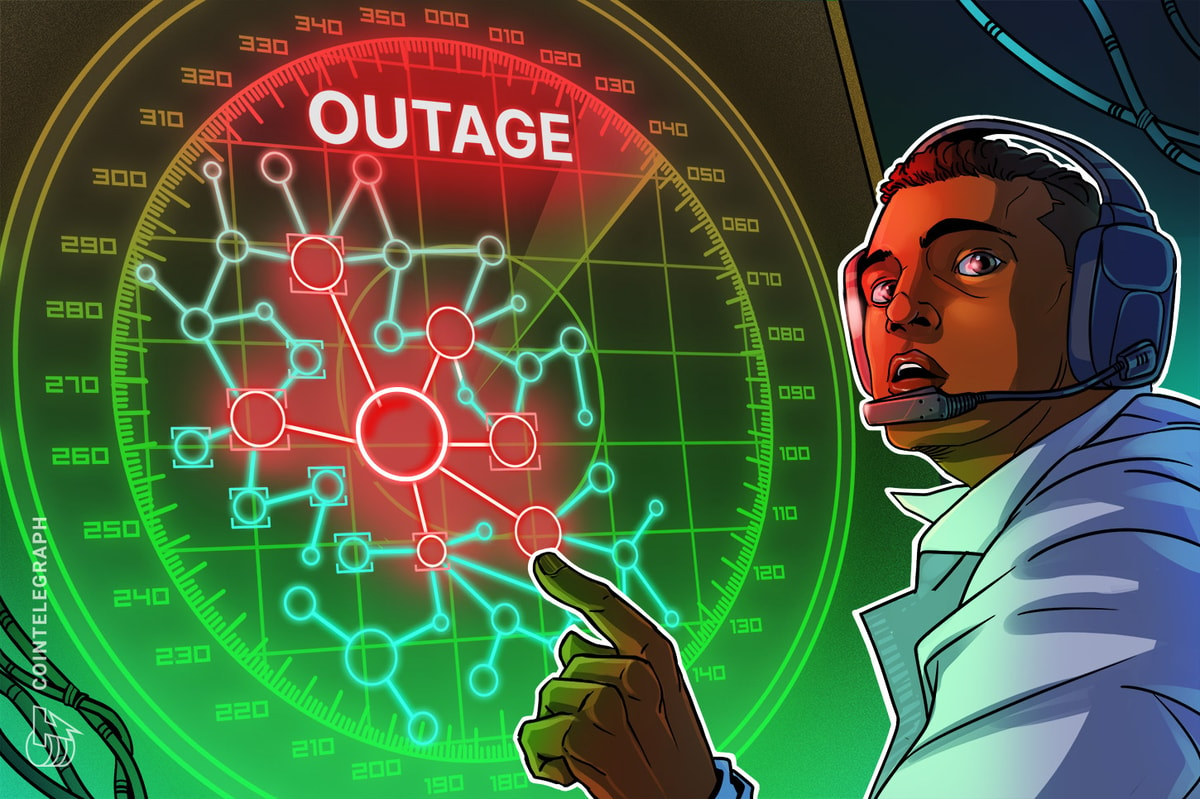TLDR
- Nearly 400,000 FTX creditors risk losing $2.5 billion in repayments due to KYC verification failures
- Original deadline was March 3, 2025, but has been extended to June 1, 2025
- Claims under $50,000 account for $655 million, while claims over $50,000 total $1.9 billion
- Many users have reported problems with the KYC process
- FTX plans to begin next round of payments to major creditors on May 30, with full cash recoveries expected
Nearly 400,000 creditors of the bankrupt cryptocurrency exchange FTX may lose access to $2.5 billion in repayments because they failed to complete required identity verification. According to an April 2 court filing in the US Bankruptcy Court for Delaware, around 392,000 FTX users have not started or completed the mandatory Know Your Customer (KYC) process.
FTX initially set March 3, 2025, as the deadline for users to begin the verification process. The deadline has now been extended to June 1, 2025, giving users additional time to verify their identity and establish claim eligibility.
Breaking Down the Numbers
The court documents reveal that claims under $50,000 could account for approximately $655 million in potentially disallowed repayments. Claims over $50,000 make up a much larger portion, possibly amounting to $1.9 billion in at-risk funds.
This brings the total amount of funds at risk to more than $2.5 billion. These claims have already been “disallowed and expunged in their entirety” according to the filing, though the extended deadline offers a second chance.
The affected claims span across 2,377 pages in the court documents. Earlier estimates had placed the value of unverified claims at around $1 billion, but FTX creditor advocate Sunil Kavuri now suggests the total is much higher.
FTX Expunged Claims
FTX expunged claims that didn't start KYC before Mar 3, 2025
1 June 25: More claims will be expunged if FTX doesn't receive KYC docs
FTX estimates that in total:
Claims < $50k: $655m will be disallowed (incl. for non KYC)
Claims > $50K: $1.9bn will be… pic.twitter.com/9TLCyRqetA
— Sunil (FTX Creditor Champion) (@sunil_trades) April 3, 2025
How Users Can Complete Verification
Many FTX users have reported difficulties with the KYC process. Users who were unable to submit their documentation can restart the verification process, according to an April 5 post from Sunil, an FTX creditor and Customer Ad-Hoc Committee member.
Impacted users should email FTX support at [email protected] to receive a ticket number. They can then log in to the support portal, create an account, and re-upload the necessary KYC documents.
The verification requirement comes after FTX, under its previous leadership, failed to collect key user data or conduct basic due diligence. The current management team has implemented these measures as part of the bankruptcy proceedings.
Recovery Plan Progress
FTX plans to begin its next round of creditor repayments on May 30, 2025. This payout will target creditors with claims over $50,000, with more than $11 billion expected to be distributed.
Under FTX’s recovery plan, 98% of creditors are expected to receive at least 118% of their original claim value in cash. The company has gathered $11.4 billion for distributions and is offering full cash recoveries based on asset values at the time of its November 2022 collapse.
FTX’s Bahamian subsidiary, FTX Digital Markets, processed the first round of repayments in February 2025. During this initial phase, the company distributed $1.2 billion to creditors.
The crypto industry continues to recover from the collapse of FTX and its more than 130 subsidiaries. This failure triggered a series of insolvencies that led to a prolonged crypto winter, during which Bitcoin’s price dropped to around $16,000.
Despite making progress with creditor repayments, FTX’s bankruptcy process remains complex. The company’s legal team reported receiving “27 quintillion” total submissions, with many being fraudulent or inflated claims that require verification and validation.
Users who fail to complete the KYC process by the new June 1 deadline may have their claims permanently disqualified, losing access to their funds entirely.

 7 months ago
13
7 months ago
13










 English (US) ·
English (US) ·